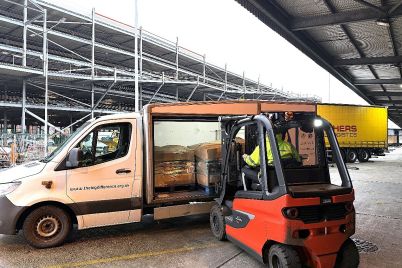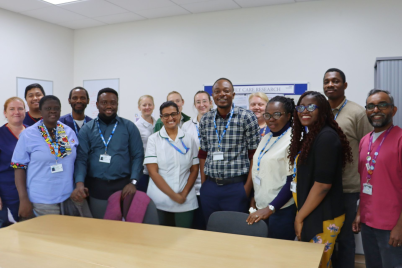New data by Ansvar Insurance has found that an average of 22% of Sussex residents relied on a charity for essential support in 2024.
The analysis was based on the Charities Aid Foundation’s (CAF) Local Giving Report 2025 and interactive data map, which emphasises the reliance on charities for essential needs-based services – from mental health and debt advice to medical support.
In one area, the figure rose to 38% of people relying on help from charity in 2024, but even with this rising demand, fewer people are providing any support.
The Head of Underwriting at Ansvar, Adam Tier, is an expert insurer for the charity and not-for-profit sectors, and has made comment: “The data illustrates how vital charity organisations are in Sussex communities, often addressing gaps left by statutory services, and doing so under financial and operational pressure.”
CAF’s National Giving Report 2025 displays that the proportion of people donating has fallen to only 50%, and of those who do, the majority support national causes over local. This is a historic low since data collection began in 2016.
There is also a disconnect between where support is needed and where money goes, with some Sussex areas seeing 17% of residents relying on charity services and others as high as 38%.
“Our experience of working closely with charities has shown just how essential their services are for many individuals and families,” added Adam Tier. “The challenge, and opportunity, for donors and policymakers is to help balance the disparity by directing more resources from affluent communities to those facing the highest levels of need.”
When considering future steps, Adam concluded: “Policymakers should be urged to ease the flow of funding from wealthier areas to those with greater needs. Charities must also be supported to build more sustainable and risk-resilient models that can withstand rising demand and operational challenges.
“And for donors, particularly those in wealthier regions, consider a shift in giving towards local and community charities in under-resourced areas, where support can make a big difference.”















